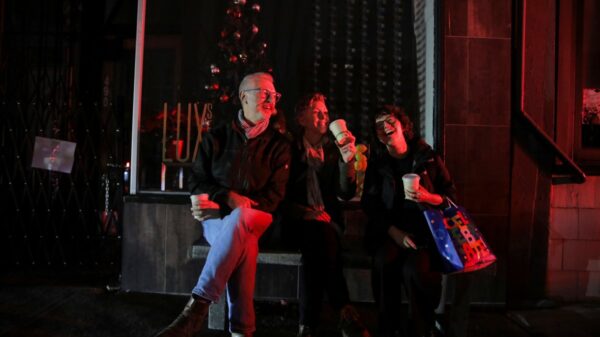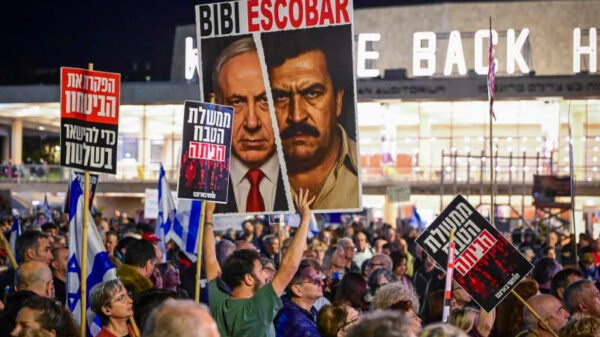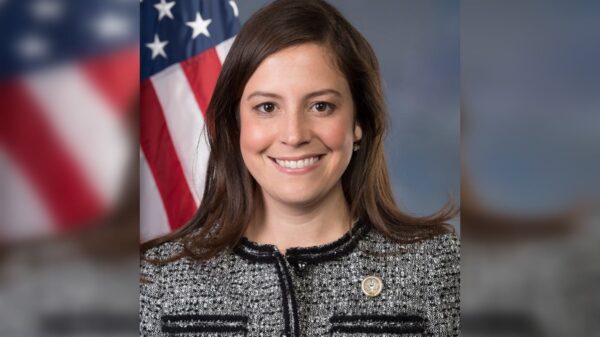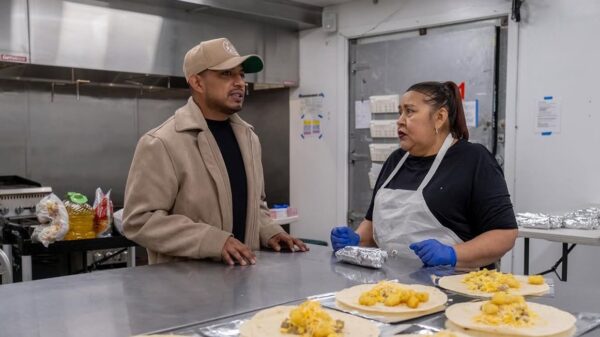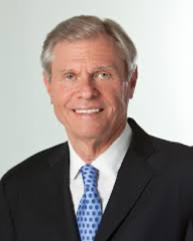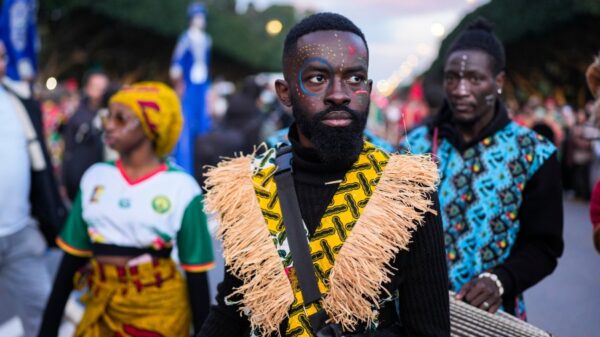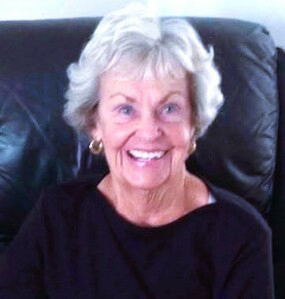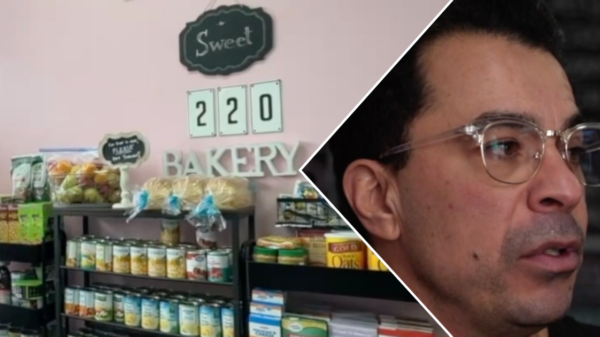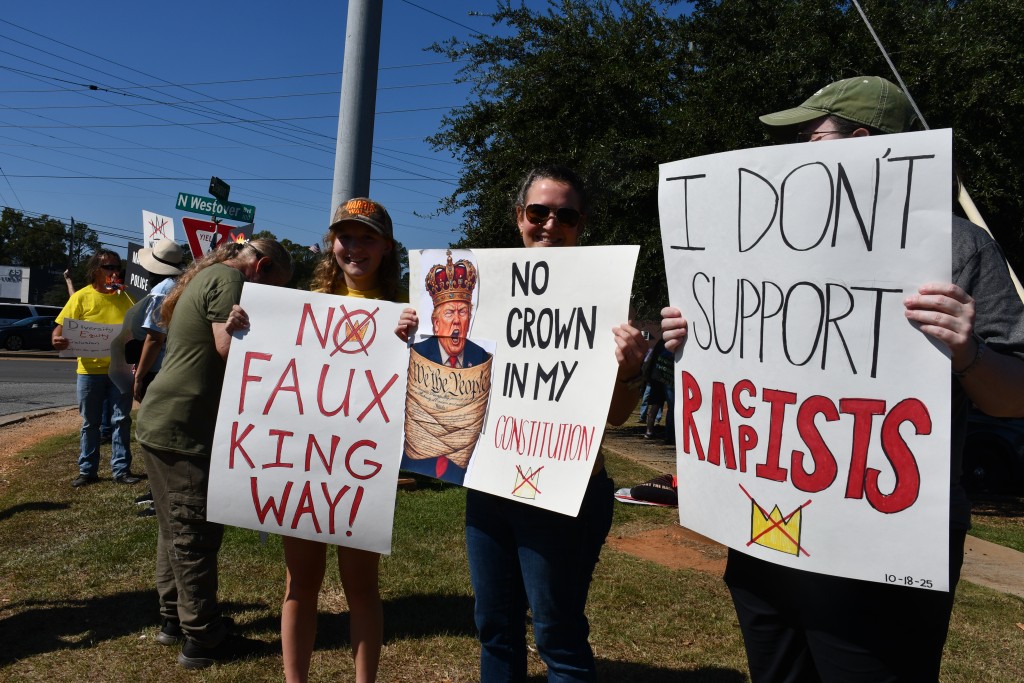UPDATE: About 160 protesters gathered in Albany, Georgia, on October 14, 2023, for the “No Kings” protest, rallying against President Trump’s administration. This event is part of a nationwide movement that saw 7 million participants across the United States, voicing their opposition to policies impacting immigration, healthcare, and civil rights.
Protesters took to the busy intersection of Dawson Road and Westover Boulevard, waving signs with powerful messages like “Albany says no kings” and “Hate won’t make America great.” For two hours, they expressed their discontent as supporters honked and cheered from passing vehicles. This protest marks the second “No Kings” event in Albany, with organizers noting a significant increase in turnout compared to previous demonstrations.
The crowd included individuals aged 7 to 70, reflecting the diverse concerns over Trump’s policies. Organizers, including James Malphrus, emphasized that the protest was fueled by a love for the country, not hatred. “We’re here because we love our country, not because we hate it,” Malphrus stated.
The event attracted political figures, such as Georgia lieutenant gubernatorial candidates Josh McLaurin and Richard Wright, who highlighted that the “No Kings” movement transcends major urban areas, resonating deeply in smaller communities as well.
Protesters passionately chanted, “We don’t want no kings,” while Chris Dayani, an Albany resident, gathered signatures for a petition advocating for the release of a local man detained by ICE. This individual had lived in the U.S. for over 15 years, highlighting the administration’s controversial immigration policies.
In a poignant statement, Rebecca Malphrus, another organizer, expressed concern over the fear instilled in agricultural workers in the region due to Trump’s immigration crackdown. “Our constitution says that all people, all inhabitants, not just citizens, are entitled to due process, and that’s being ignored,” she said.
The protest also drew attention to the potential impact of federal funding cuts on local communities. Annie Vanoteghem warned that many children in Albany rely on federal support for meals and healthcare, stating, “They start taking those things away, it’s going to make it harder for people who are already disadvantaged.”
Veterans were prominently featured at the protest, with Kaira Sariah, a 33-year-old Air Force veteran, advocating for improved mental health services for former service members. “(Trump’s administration is) demolishing the VA and their funding when there’s already an insane suicide crisis going on with veterans,” she said. Fellow veteran Dwight Leonard expressed his discontent with the administration’s treatment of the military, stating, “He wants to take away retirement benefits. He wants to strip down the federal government for his cronies.”
The rally underscored a sense of community, as individuals from various backgrounds united over shared concerns. Mackenzie Carter, a young mother, voiced her fears about reproductive rights in a changing political landscape. “I’m fighting not only for my reproductive rights, but my daughter’s, and my future grandkids’,” Carter said.
This protest is a clear indication of the growing dissatisfaction among citizens in Albany and across the nation. As the “No Kings” movement gains momentum, organizers are already planning future actions to continue advocating for their rights and the rights of others.
The Albany protest serves as a reminder that voices from all corners of the country are rising in opposition to policies perceived as harmful. Residents and activists alike are determined to make their demands heard, showcasing the power of grassroots movements in shaping the political landscape.
As this story develops, stay tuned for updates on the ongoing impact of the “No Kings” protests and the response from local and national leaders.

